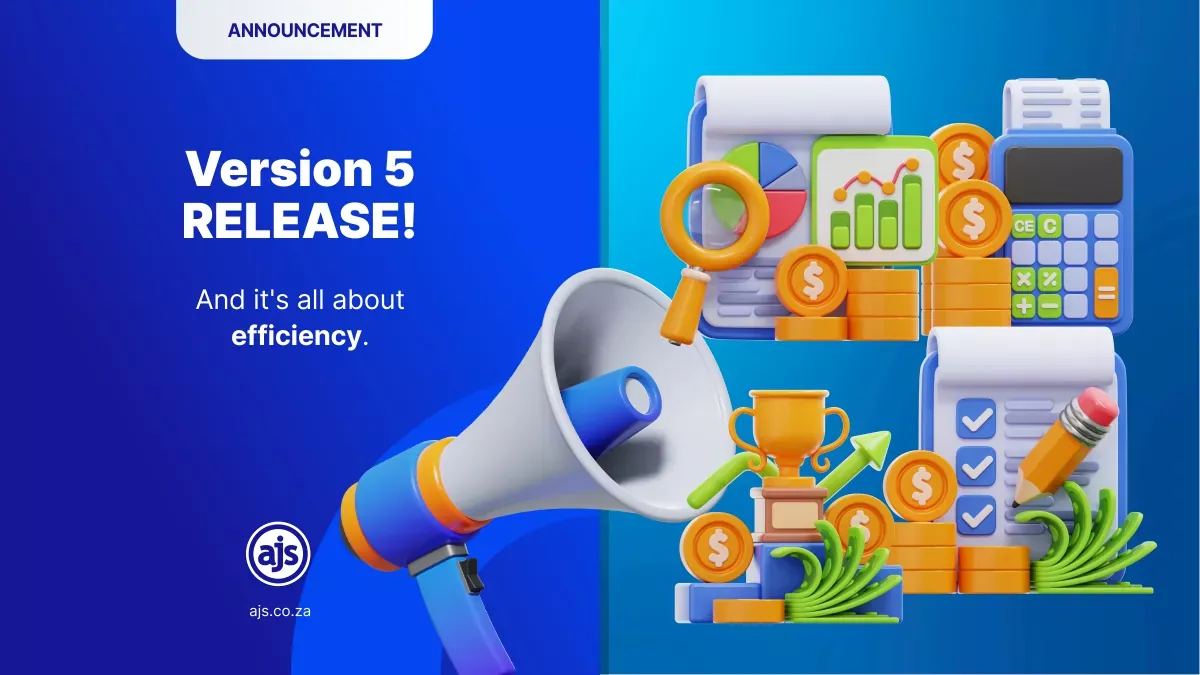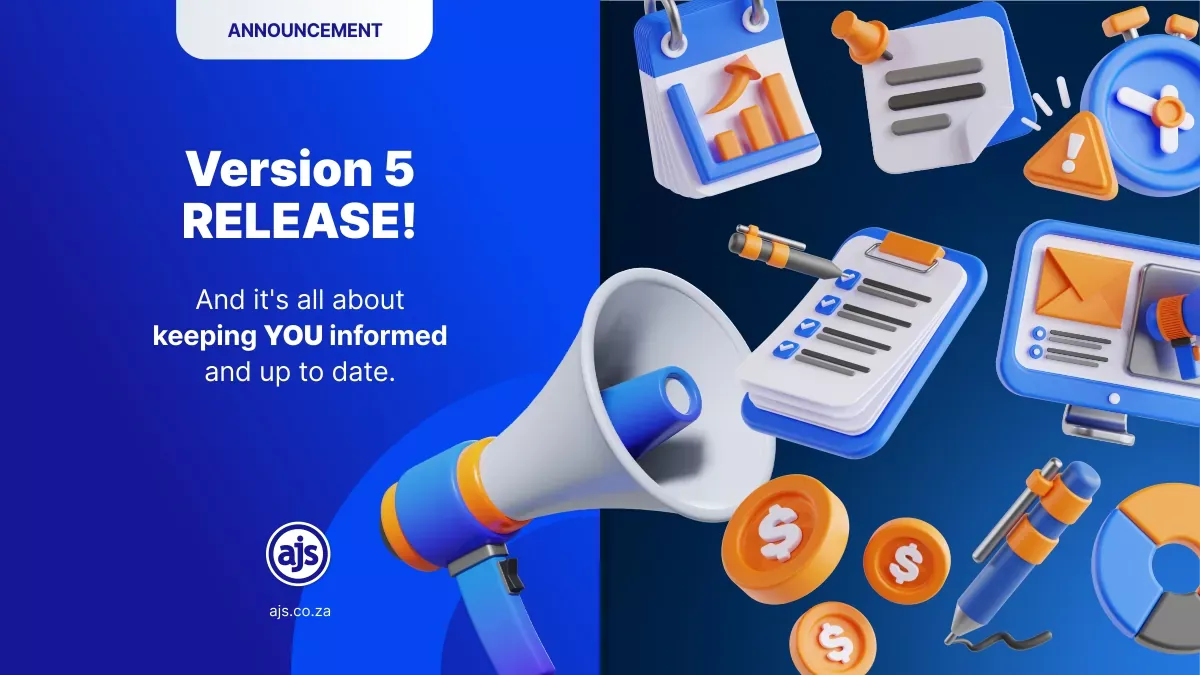
The Zen of Work: COST RECOVERY
With “Holly” on a mission to take control of her work situation – aiming to instil a feeling of Zen in her workspace – she has come to us seeking answers.
And we are happy to oblige Holly. As always.
Holly has made a promise to herself to get things well and truly up and running in the next coming months – determined to see her law firm soar in 2023.
In an effort to do just that, Holly has once again, started to focus her attention inward. Looking more closely at how her law firm is operating. Better still – how it should be operating.
And there is a lot to take in where the optimal operating of a law firm is concerned.
Take recovering costs from clients as an example.
As a single legal practitioner, Holly needs to understand how to treat each principle of her practice so that she can confidently run her own business.
So, let’s chat about cost recovery and put Holly’s mind at ease.
The problem with “some” fees
Holly is noticing – especially with the current state of the market – that she’s writing off fees more often than she used to. She’s felt an increase in client pressure to write off fees, with clients “pushing back” on some of Holly’s fees. Most notably where disbursements are concerned, saying things like “other law firms don’t charge this” and “this is not our payment policy”.
There is a constant push and pull between her needing to recover costs that are remaining unpaid by her clients versus the need to please her clients and ensure continued business.
The balance is seemingly off, with there being a huge tug of war between definitively billing for her hard work, including disbursement fees she has been required to incur and making “carve-outs” for invoices unpaid.
And this has her a little disheartened.
Understandably, Holly is constantly looking out for ways to carve out the costs her clients are refusing to pay – especially where disbursements are concerned. But has a nagging feeling that something isn’t right.
- Remember disbursements include costs like copying, fax transmission, depositions, investigators, messengers, mediation expenses, computer research fees, court fees, expert fees, other consultation fees and paralegal expenses. They are costs that can be easily attributed to a specific matter. Disbursements are sometimes referred to as ‘soft costs”.
Holly has found herself reluctant to charge for certain disbursements, knowing how some of her clients will react. But the problem with this is – if she “carves out” certain disbursements for client A, why not for client B? And having this approach inevitably leads to Holly’s law firm running the risk of losing money, affecting overall cash-flow and resulting in a decrease of profit. Not ideal for the smooth and successful running of a law firm.
Something needs to change.
Cost recovery
It’s clear that law firms – in general – treat their billable hours very differently from how they treat their disbursements (or soft costs). Often more amenable to writing off a disbursement fee whilst fighting hard to get the hours worked on a matter paid. And knowing what to do when can create chaos.
When can Holly write off a fee but seek to recover another? Firstly, it’s crucial that Holly has a cost recovery protocol in place, so she knows exactly how to treat what cost when. And that means ensuring that everyone within her firm is on the same page.
In doing this, Holly needs to differentiate between recoverable and non-recoverable costs, as the amount that is “unrecoverable” is a clear expense for her firm. And this is done through a cost recovery strategy.
By developing a cost recovery strategy, Holly can successfully recover costs from her clients in a way that doesn’t “upset the apple cart” whilst also remaining true to her law firm’s culture. And bottom line.
Some of the ways Holly can practically implement a cost recovery strategy are as follows –
- Using what she knows – not what she thinks she knows. If Holly can defend the costs she is looking to recover by data and facts, clients will be less likely to put up a fuss;
- Knowing her numbers – in fact, Holly must ensure everything is measurable. It’s important for her to understand what % of costs she’s been able to recover in the past vs how much of those costs are being written off now. By having a clear understanding of her net realization, she’s able to build a cost recovery strategy based on a strong foundation;
- Adapting her cost recovery strategy to the technology she uses in her practice – Holly’s legal accounting and practice management software (if she has invested wisely) will be able to assist her in understanding what costs are recoverable, without putting in too much effort;
- Understanding the whys and how’s of her cost recovery strategy – whilst also ensuring that the entire firm is on the same page, is crucial. Holly needs to know what the impact of write-offs on her bottom line is so that she can understand why she needs to recover them;
- Documenting all costs – Holly needs to ensure that it becomes second nature to keep a record of all third-party costs and disbursements. Because, generally, Holly will be less inclined to write off a fee if it’s backed up by an invoice.
If Holly can develop a successful approach to cost recovery, she’ll not only improve her bottom line, but it will also improve the way Holly handles the business side to her legal practice. Because we’ve said this before – a business doesn’t run on goodwill alone. Income is crucial to the success of any business. Including a law firm.
It’s worth noting that the use of a full-stacked legal accounting and practice management software, such as that offered by AJS, ensures that disbursements and billable fees appear timeously on a client’s invoice and that the firm’s books reflect the repayment of the cost when it occurs.
And that’s cost recovery, in a nutshell.
With that, Holly can tick off one more thing on her “to-do list” in optimising her practice.
There are many attorneys who have the software packages in place but are just not sure how to fully use them, what everything does and how they can optimise their practice to ensure that it’s performing with accuracy and reliability.
But, with the help of AJS, your practice (regardless of its size) can (and will) succeed.
We will continue going through tips, answering your FAQ’s, and providing you with information that will better equip the everyday user of legal tech, like you and like Holly, to achieve a state of Work Zen.
It’s all easy. If you know how… Just ask us.





Leave a Reply